Back to Courses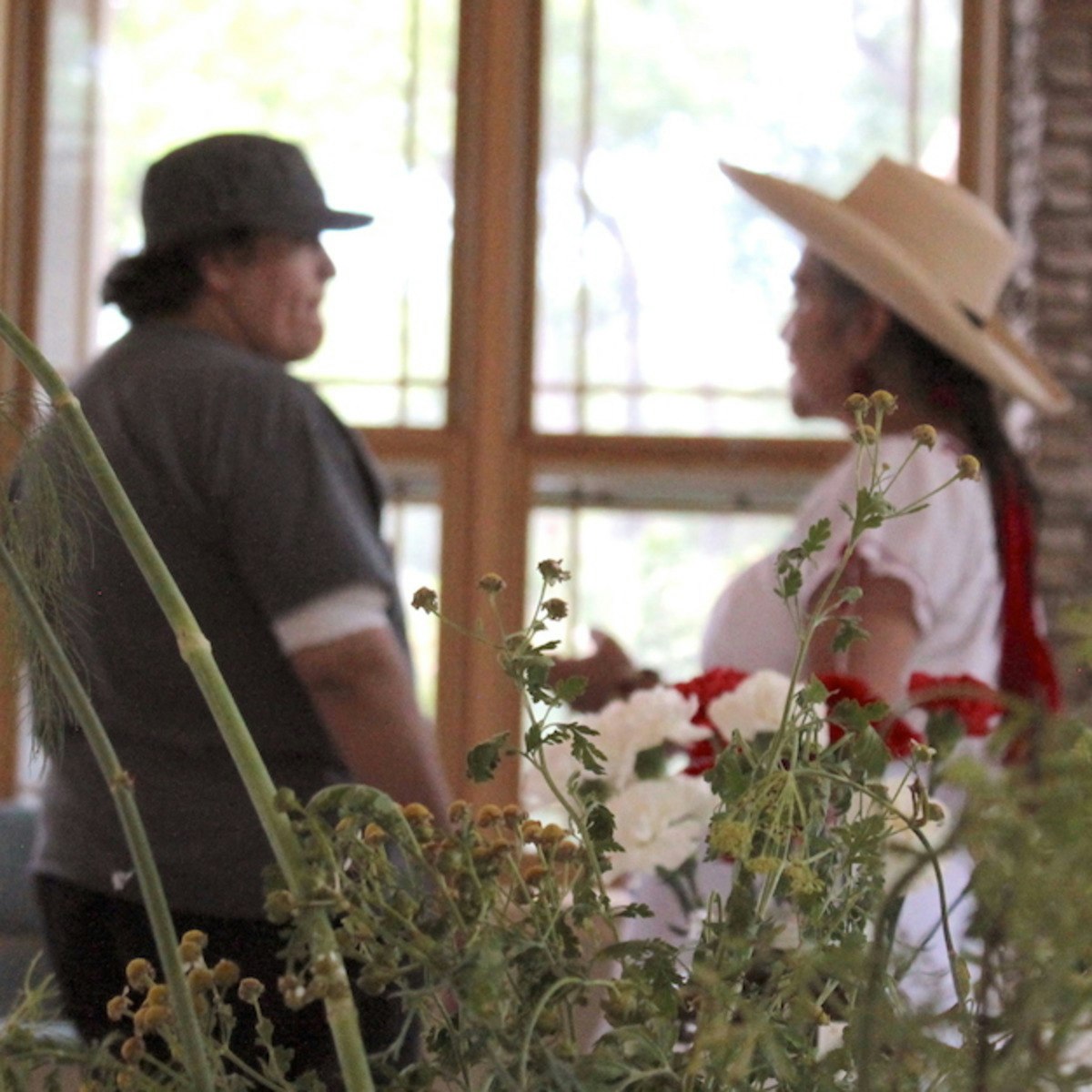

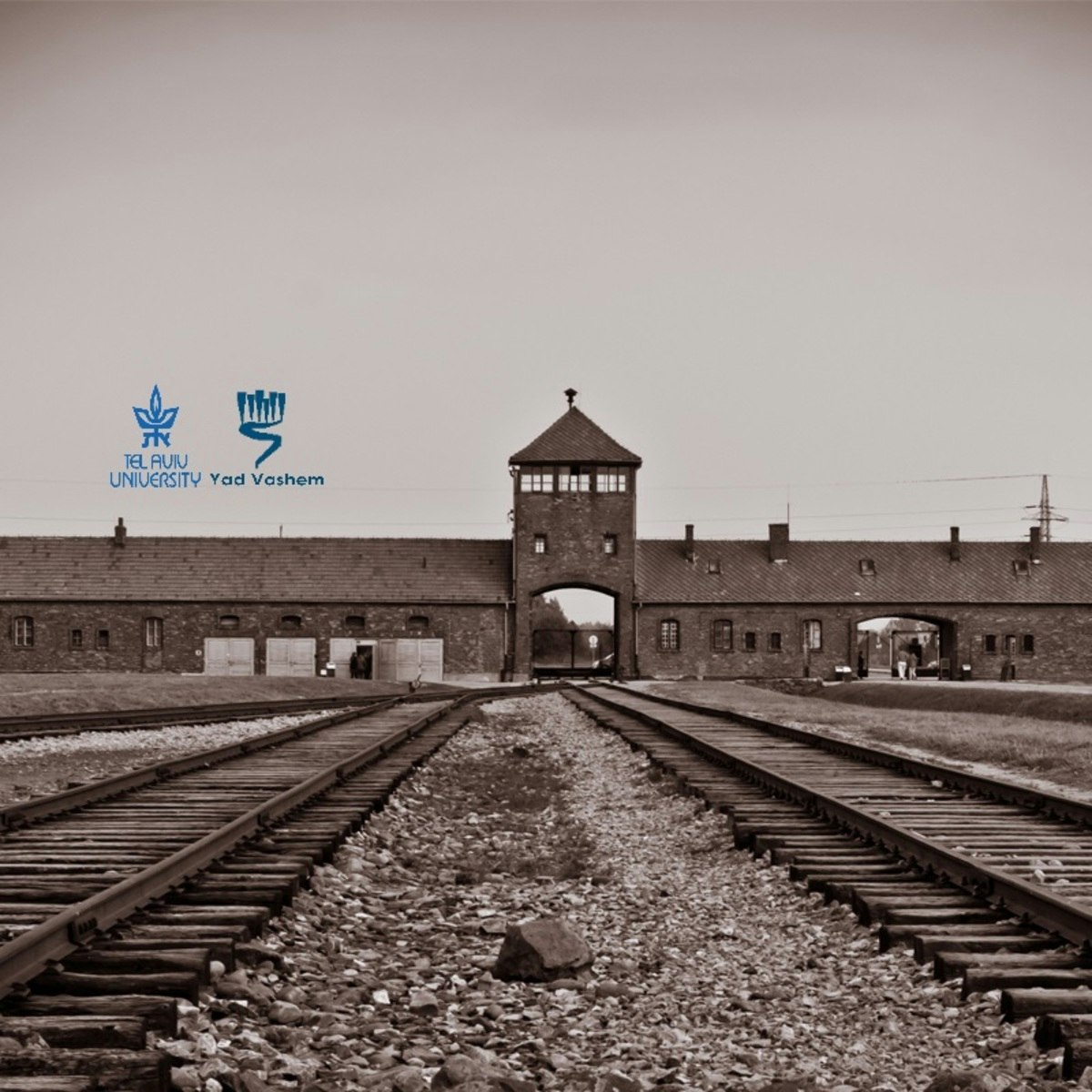
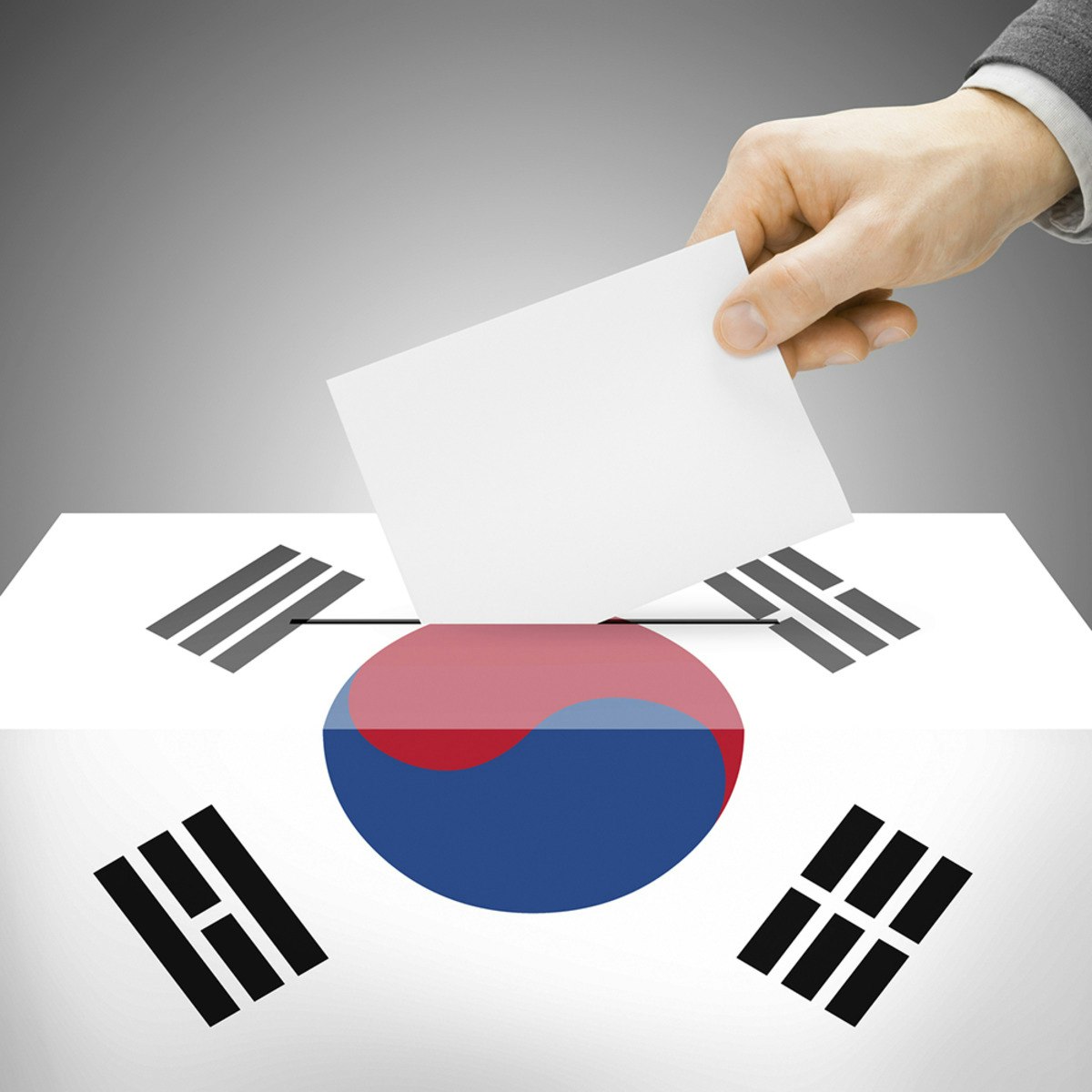

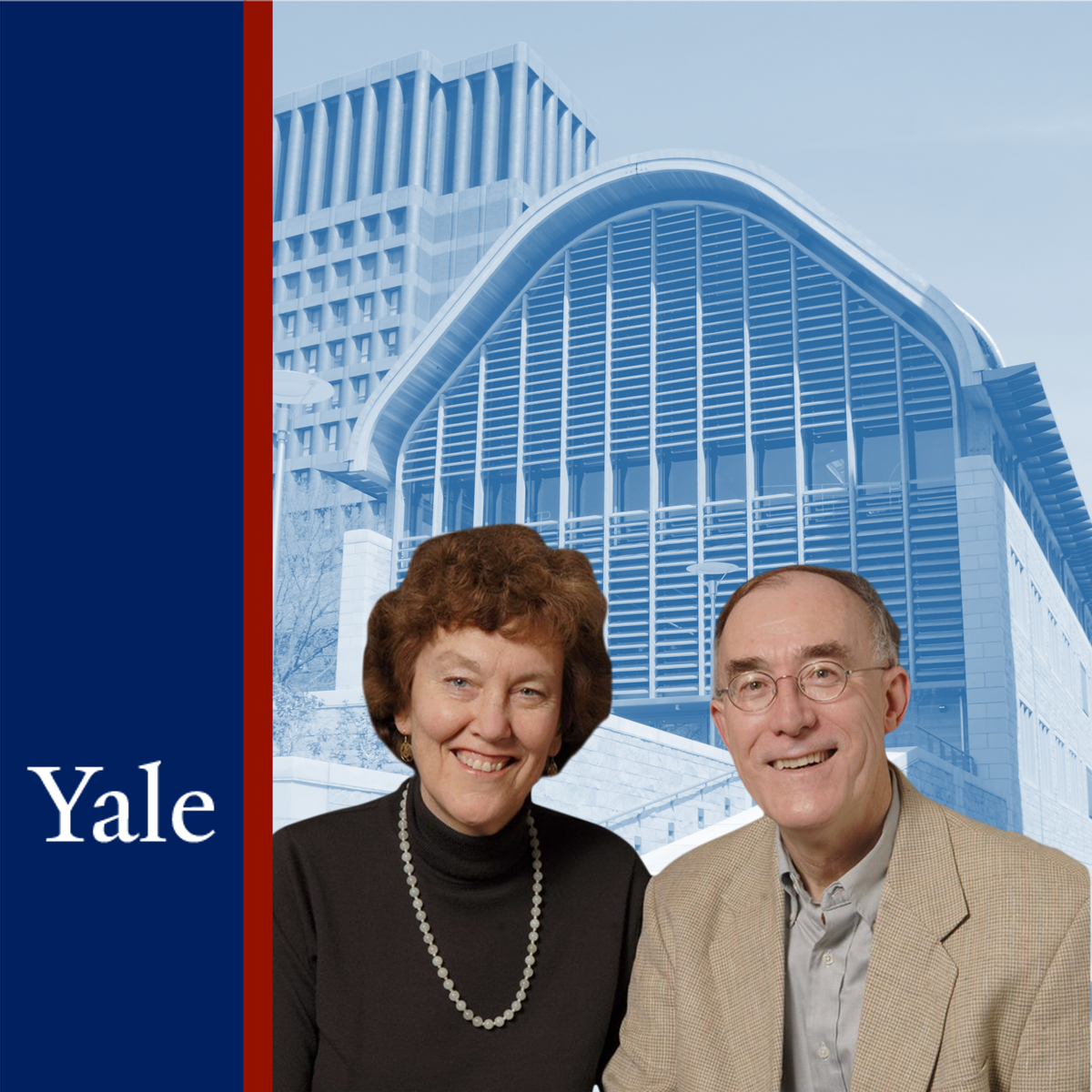

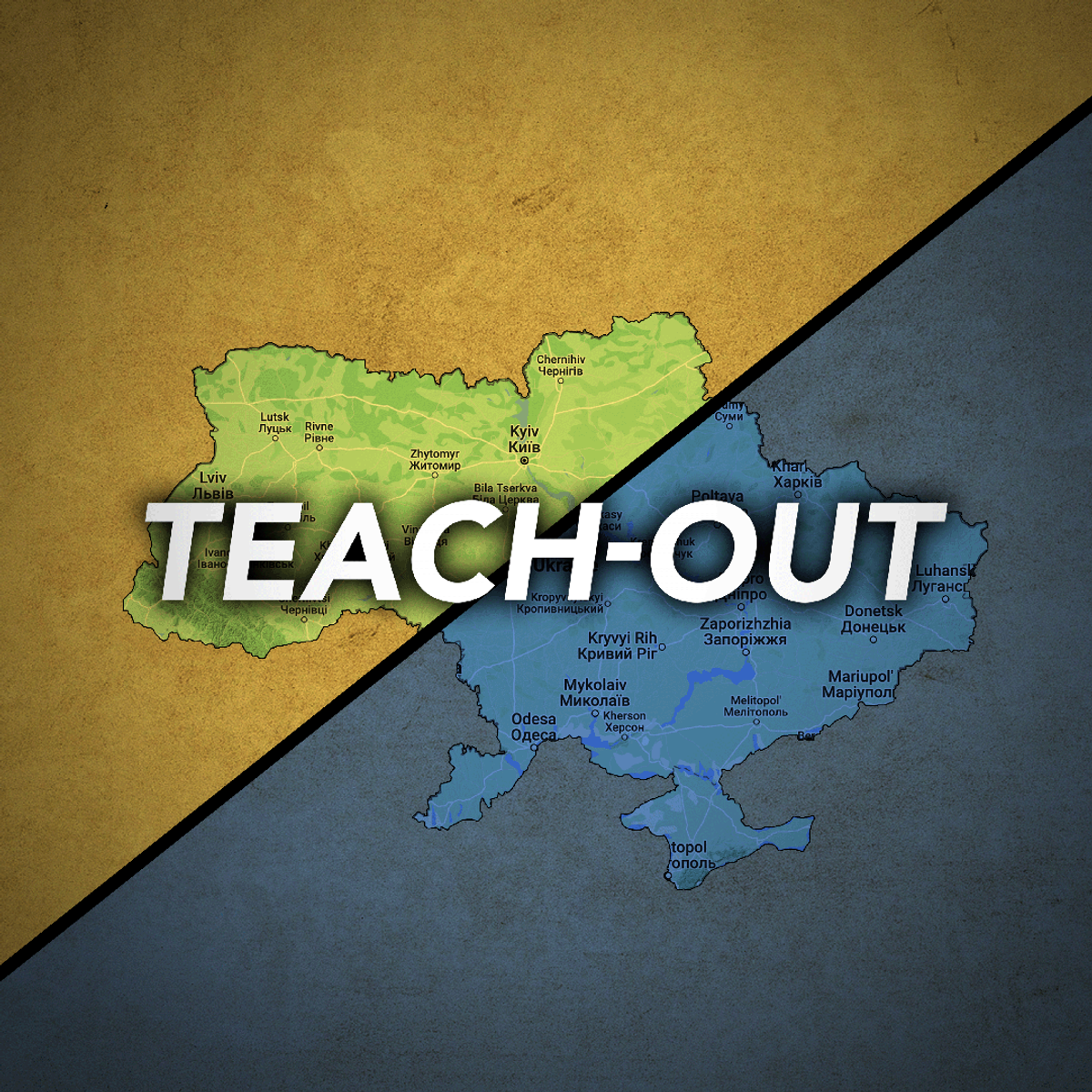
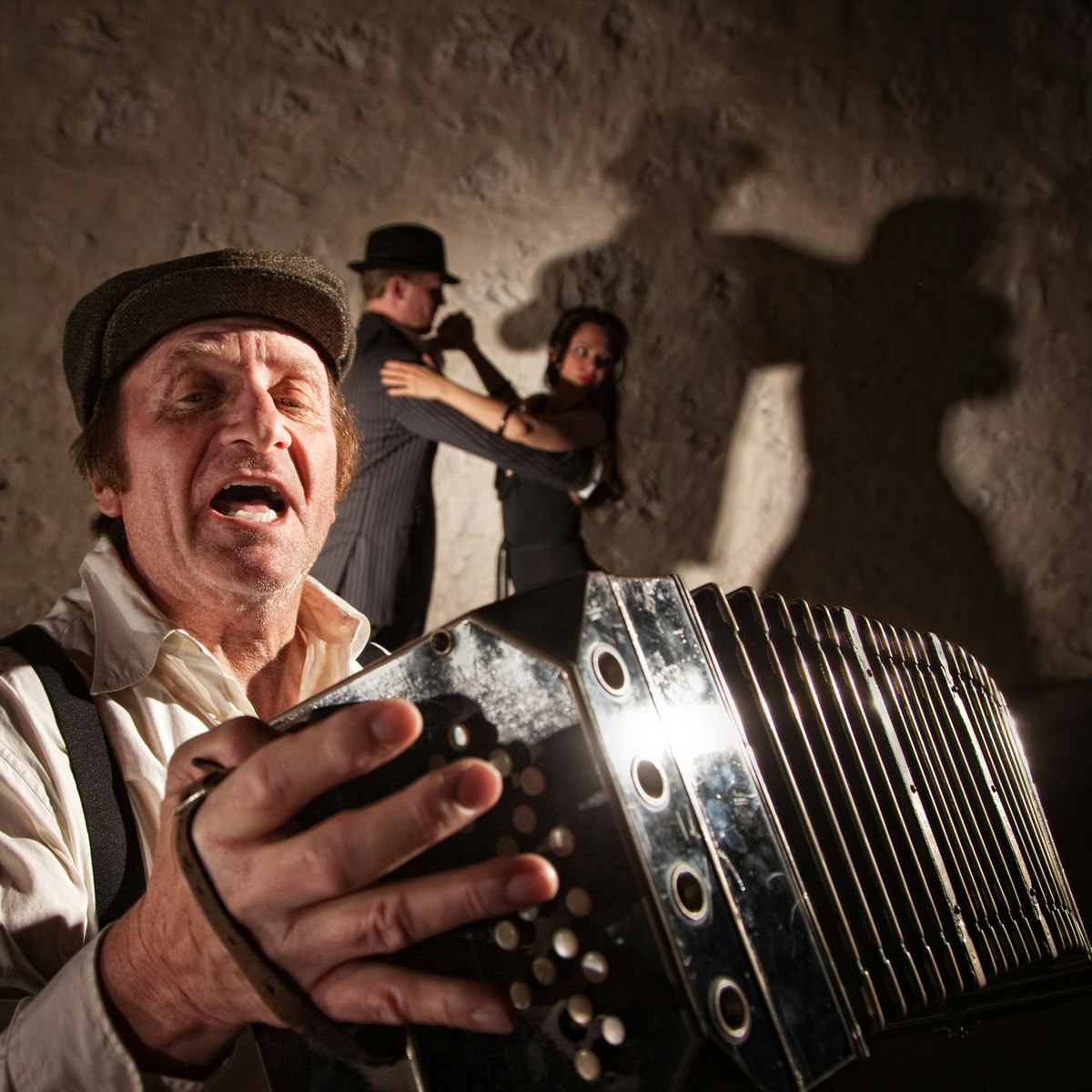
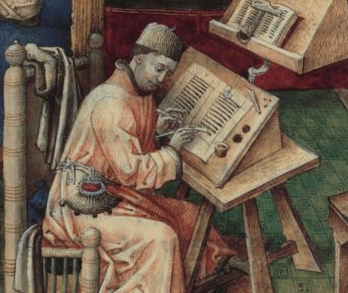
History Courses - Page 12
Showing results 111-120 of 168

Curanderismo: Traditional Healing Using Plants
COURSE DESCRIPTION
As one of four courses on Curanderismo, the art of Hispanic/Latino traditional medicine, this course focuses specifically on the use of plants in traditional healing. As an educational and cultural platform, this course will share the history, influences, and contributions of traditional medicine. Trained traditional healers will share their knowledge of the healing properties of plants commonly found in the Southwestern United States and Mexico through practical applications that can still be used today.
Learners will not become certified traditional healers at the completion of this course but will be able apply basic principles or traditional medicine to approach health and illnesses. They will become familiar specifically with the use of plants for the digestive and nervous systems; how to prepare tinctures and microdosis for healing; how to use juice therapy and geotherapy (clay combined with plants) for treatments; and the use of herbal oils and herbal smoke for healing.
Future Curanderismo courses include:
Traditional Healing of the Body: Intestinal blockage empacho, firecupping ventosas, and hydrotherapy (healing with water)
Traditional Healing of the Mind, Energy and Spirit: Sweatlodge Temazcal, Energetic/Spiritual cleansings Limpias, and Laugh therapy risaterapia.
Global and Cultural Influences of Traditional Healing: African tradition, Afro Latino from Cuba and Puerto Rico, Native American spiritual cleansings and Mayan acupuncture.
REQUIRED TEXTS
Curanderismo: The Art of Traditional Medicine without Borders by Eliseo Torres
Curandero: Traditional Healers of Mexico and the Southwest by Eliseo Torres with Imanol Miranda
Where to buy:
https://he.kendallhunt.com/product/curanderismo-art-traditional-medicine-without-borders
https://he.kendallhunt.com/product/curandero-traditional-healers-mexico-and-southwest
OPTIONAL TEXTS
Curandero: A life in Mexican Folk Healing by Eliseo Torres & Tim Sawyer
Healing with Herbs & Rituals: A Mexican Tradition, Eliseo Torres, edited by Tim Sawyer
Where to buy:
https://www.barnesandnoble.com/w/curandero-torres-eliseo-cheo/1120135382?ean=9780826336415&st=PLA&sid=BNB_1341481610&sourceId=PLAGoNA&dpid=tdtve346c&2sid=Google_c&gclid=EAIaIQobChMI3_6LmYev3gIViuNkCh3IPgUyEAQYASABEgLYXfD_BwE
https://www.barnesandnoble.com/w/healing-with-herbs-and-rituals-torres-eliseo-cheo/1120135381?ean=9780826339621&st=PLA&sid=BNB_825204424&sourceId=PLAGoNA&dpid=tdtve346c&2sid=Google_c&gclid=EAIaIQobChMIrrvswYev3gIVBsRkCh3BXQCHEAQYASABEgLnl_D_BwE

From Freedom Rides to Ferguson: Narratives of Nonviolence in the American Civil Rights Movement
The Modern Civil Rights Movement is a significant landmark in United States history. This movement was a struggle for human rights directly challenging the nation to extend its democratic principles to African Americans and all peoples. This course sheds light on the often overlooked strategic planning that supported the direction of the events and is told by a voice intimately involved in the organization of movement—Dr. Bernard LaFayette, Jr. Topics include the history of the campaigns, the different coalitions and groups, philosophy and methods of nonviolent direct action, and the contemporary application of nonviolent conflict transformation. The course hosts several guest speakers, including Andrew Young, Reverend C.T. Vivian, Henry "Hank" Thomas, and Constance Curry.
Upon completion of this course, learners will be able to:
● Discuss the contributions and involvement of civil rights activists and leaders in the Civil Rights Movement (CRM) campaigns in the United States.
● Examine the chronology and phases of the Movement and CRM campaigns.
● Recognize and characterize the diverse activist groups involved in the CRM.
● Discuss Martin Luther King Jr.’s philosophy of nonviolence from a historical perspective.
● List and define the principles and strategies of nonviolence.
● Examine organizational and social change applications related to nonviolence.
● Identify the role of nonviolence in modern activism along with additional resources to broaden knowledge of principles of nonviolence.
● Recognize the application of nonviolence theories to activism, current issues, and everyday life.

The Holocaust - An Introduction (I): Nazi Germany: Ideology, The Jews and the World
The Holocaust was an inconceivable historical event, which forever robbed Western culture of its innocence. As civilized human beings, we fail to understand how events of such horror could have taken place, and how an idea so inhumanly warped could have spread like wildfire through an entire continent, instigating the systematic annihilation of millions of Jews.
This free online course was produced jointly by Tel Aviv University and Yad Vashem – the World Holocaust Remembrance Center. The course tracks the history of the Holocaust and has two parts. "The Holocaust - An Introduction (I): Nazi Germany: Ideology, The Jews and the World" is the first of the two courses and covers the following themes in its three weeks:
Week 1: From Hatred to Core Ideology
We will try to delve into Nazi ideology and the special place of Jews and Judaism in it. We will also discuss how the National Socialist Party converted the German Democracy of the Weimar Republic into a totalitarian regime within a short period of time, and its meaning for Jews and non-Jewish citizens.
Week 2: The World and the Jews in World War II
We will try to examine the broader contexts of the Holocaust and to place it, as part of World War 2. In this meeting we will also refer to the vital Jewish world to be found under various Nazi occupations and influences.
Week 3: The Isolation Abyss - the Perspective of the Individual
We will try to reveal different aspects of Jewish life in the face of the badge of shame, ghettos and segregation, as well as the formation of individual, societies’ and leader’s reactions in the face of a consistent policy of dispossession and discrimination.
Once you’ve completed this course, you can continue your learning with The Holocaust - An Introduction (II): The Final Solution (https://www.coursera.org/learn/holocaust-introduction-2/home/welcome)
This online course is offered in an innovative, multi-level format, comprising:
* Comprehensive lectures by leading researchers from Tel Aviv University and Yad Vashem.
* A wealth of voices and viewpoints presented by guest lecturers.
* Numerous documents, photos, testimonies and works of art from the time of the Holocaust.
* Novel learning experience: Crowd sourcing – involving the learners themselves in the act of collecting and shaping information, via unique, exciting online assignments.
REQUIREMENTS:
This course is designed for anyone with an interest in the Holocaust, including students, teachers, academics and policy-makers.

Understanding Korean Politics
This course will select six most outstanding issues in contemporary Korean politics and will engage in an in-depth, interactive inquiry of those issue. They include Korean politics in history, institutional setting of Korean politics, and dynamics of political culture in Korea, profiles of political leadership, myth and reality of the developmental state and the Korean economic miracle, and debates on Korean unification. The course will expose students to contending theories and empirical reality at first hand.
After completing this course, learners will be able to
1. Grasp the most salient and timely aspects of Korean politics..
2. Place South Korean politics in comparative perspectives.
3. Digest a delicate mix of theory and practice regarding Korean politics.
4. Come up with new interpretations of political development in South Korea.
5. Most importantly renew their genuine interests in Korea and Korean politics.

The Holocaust - An Introduction (II): The Final Solution
The Holocaust was an inconceivable historical event, which forever robbed Western culture of its innocence. As civilized human beings, we fail to understand how events of such horror could have taken place, and how an idea so inhumanly warped could have spread like wildfire through an entire continent, instigating the systematic annihilation of millions of Jews.
This free online course was produced jointly by Tel Aviv University and Yad Vashem – the World Holocaust Remembrance Center. This course is the second of the two courses and covers three themes in its three weeks:
Week 1: The Final Solution
We’ll look at the cultural and mental processes that paved the way to the comprehensive and systematic mass murder of Jews in Europe – that is, the Final Solution. As part of this hard lesson we will discuss the various characteristics of the murder sites and death camps, and reveal selected aspects of the horror that occurred in them.
Week 2: Jewish and Non-Jewish Responses to the Holocaust
We will try to explore questions regarding knowledge about the application of the Final Solution, as well as a variety of responses and annihilation of victims, local populations and perpetrators.
Week 3: The End of the War
We will dedicate this lesson to the events that occurred in the last years of the Holocaust, as well as questions of memory, commemoration and future research.
We strongly recommend that you register for "The Holocaust - An Introduction (I): Nazi Germany: Ideology, The Jews and the World" as well (https://www.coursera.org/learn/holocaust-introduction-1/home/welcome). Taking both parts of the course would enable you to obtain a fuller and more comprehensive knowledge about The Holocaust.
This online course is offered in an innovative, multi-level format, comprising:
Comprehensive lectures by leading researchers from Tel Aviv University and Yad Vashem.
A wealth of voices and viewpoints presented by guest lecturers
Numerous documents, photos, testimonies and works of art from the time of the Holocaust.
Novel learning experience: Crowdsourcing – involving the learners themselves in the act of collecting and shaping information, via unique, exciting online assignments.

Christianity & Ecology
There is a need for broader literacy and deeper knowledge of the world’s religions and their ecological contributions. This course is designed as a gateway to the rich ecological dimensions of the Christian religious tradition. We delve into unique contributions from Catholic, Orthodox, and Protestant Christianity, exploring views on and relationship with the natural world. We additionally highlight the relationship between Christianity and environmental justice, evangelical approaches to “creation care”, and Christian teachings on biodiversity, climate change, and the relationship between human, Earth, and cosmos.
This course is for lifelong learners curious to know more about world religions and ecology, environmental professionals eager to deepen the discourse of environmental protection and conservation, those working with non-profit organizations and NGOs on issues of ecological justice, and religious leaders and laity who wish to know how they can contribute to interreligious dialogue on environmental projects.

History of Mental Illness
Our lexicon of mental illness is immense: There currently are hundreds of classified disorders and an extensive assortment of medications and therapies. This course explores the history of this productive science -- its discoveries, classifications, and treatments of psychiatric distress. The excursion begins with a general introduction and proceeds to explore 4 kinds of mental illness: neurasthenia, depression, attention deficits (ADD/ADHD), and narcissism. Each kind is examined in terms of its scientific research and classification; treatments developed to cure or alleviate its symptoms; lived-experiences of those so diagnosed with the disorder; and critical reflection on the diagnosis.
This course departs from histories that mainly chronicle scientific achievements and, instead, invites you to investigate how the scientific discoveries and therapies were deeply informed by cultural conditions of the time. The cultural influences on psychiatric science include ideals of individual happiness; conceptions about what is ‘normal’; notions of rational personhood; and existing social, gender, and racial hierarchies/biases. We investigate these cultural dynamics and then look at the lived experiences of those who were diagnosed or living with the condition. Paying attention to culture and lived experiences accords with the perspective of “mad studies,” a recent movement to foreground the people who suffer and the socio-political conditions surrounding their experiences. Exploring cultural dynamics and lived experiences along with the scientific milestones prepares us to critically reflect on world of psychopathology and on psychopathology in the world. In our reflection classes we will ask, for instance, about the forces behind incredible increases in depression and attention deficit disorder; racial and gender biases in research and treatment; the apparent happiness epidemic; and the prospects of neurodiversity.

Russian Invasion of Ukraine Teach-Out
The armed conflict in Ukraine first started in the beginning of 2014, when Russia invaded and annexed the Ukrainian region of Crimea. Over the past eight years, there has been ongoing conflict between Ukraine and Russia, with regular shelling and skirmishes occurring along Russian and Ukrainian borders in the eastern part of the country. On February 24, 2022, Russia launched a full-scale military invasion of Ukraine, plunging the entire country into war and sending shockwaves across the world. With casualties mounting and over one million Ukrainians fleeing the country, the need for dialogue and de-escalation have never been higher. In this Teach-Out, you will learn from a diverse group of guest experts about the history and origins of war in Ukraine, its immediate and long-term impacts, and what you can do to support people in this growing humanitarian crisis. Specifically this Teach-Out will address the following questions:
- How did we get here? Why did Russia invade Ukraine?
- What historical and cultural contexts do we need to know about in order to understand this conflict?
- How is cyber and information warfare impacting the conflict in Ukraine?
- What can be done to stop this war?
- How can we support Ukrainian refugees and displaced peoples?

So You Think You Know Tango?
How well do you think you know tango? This two-week mini-course is designed for music lovers, musicians, and dancers who are interested in learning more about the Argentine Tango. It will explore the many dimensions of the Argentine Tango music, including its origins, popularization during the Golden Age, dissemination abroad, evolution into an artistic music-dance form, and adoption by Argentine and international art-music composers to date. The goal is to provide learners with an authentic and holistic tango experience by intersecting scholarly studies of the history, theory, and culture of tango with knowledge of instrumental performance practices. Learners can also learn more about basic tango gestures and steps that embody the music, as well as the poetry of tango.

Plagues, Witches, and War: The Worlds of Historical Fiction
A unique and exciting introduction to the genre and craft of historical fiction, for curious students, aspiring authors--anyone with a passion for the past. Read classics of the genre, encounter bestselling writers of historical fiction, and discover your own historical archive while interacting with a global community of interested readers.
Popular Internships and Jobs by Categories
Find Jobs & Internships
Browse
© 2024 BoostGrad | All rights reserved